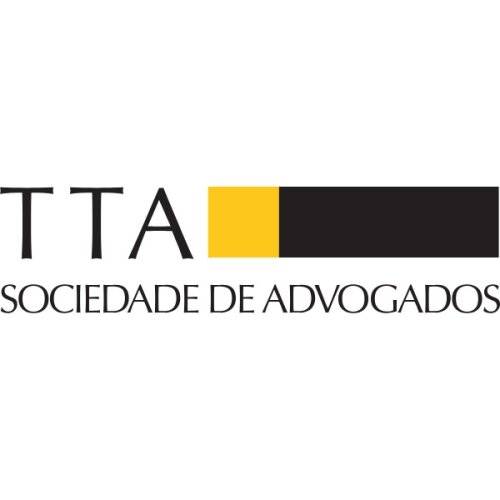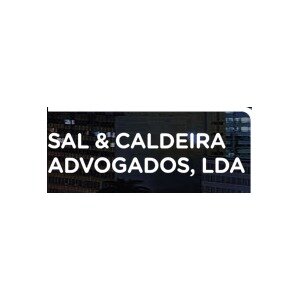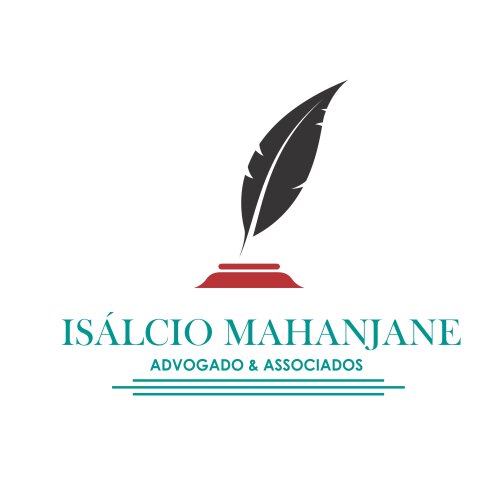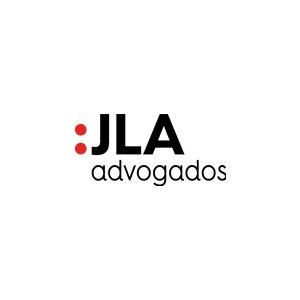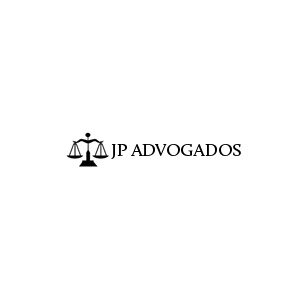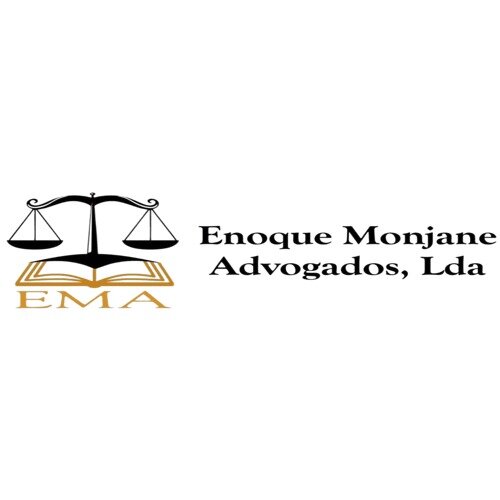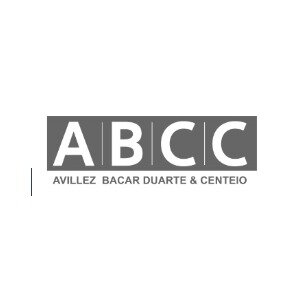Best International Trade Law Lawyers in Mozambique
Share your needs with us, get contacted by law firms.
Free. Takes 2 min.
Or refine your search by selecting a city:
List of the best lawyers in Mozambique
About International Trade Law in Mozambique
International Trade Law in Mozambique is a complex field governed by both domestic regulations and international agreements. As a developing country, Mozambique is actively involved in international trade to stimulate its economy, and thus the legal framework supporting trade activities is crucial. The country's trade policies are designed to facilitate trade, foster economic growth, and comply with international standards set by organizations like the World Trade Organization (WTO). Mozambique's legislation focuses on import-export regulations, customs duties, trade agreements, and dispute resolution, enabling businesses to engage in global commerce while safeguarding local interests.
Why You May Need a Lawyer
Engaging in international trade can present various legal challenges that require expert advice. Here are common situations where you might need a lawyer specializing in International Trade Law in Mozambique:
- Contract negotiation: Drafting and negotiating contracts with international partners to minimize legal risks.
- Customs and Tariff Issues: Navigating complex customs regulations and tariff classifications.
- Trade Compliance: Ensuring compliance with local and international trade regulations, avoiding penalties.
- Dispute Resolution: Handling disputes arising from trade agreements or business dealings with foreign entities.
- Export Controls and Sanctions: Advising on compliance with export controls and economic sanctions.
- Investment and Market Entry: Legal guidance on entering new markets or setting up investments in Mozambique.
Local Laws Overview
Mozambique's trade laws are designed to enhance its standing in international trade while protecting domestic industries. Key legal aspects include:
- Customs Code: Governs the import and export of goods, defining duties and procedures.
- Investment Law: Encourages foreign investment by offering various incentives and establishing fair legal protections.
- Intellectual Property Rights: Laws regarding intellectual property are crucial for protecting patents, trademarks, and copyrights.
- Competition Law: Ensures fair competition in trade, preventing monopolies and anti-competitive practices.
- Trade Remedies: Includes measures like anti-dumping and countervailing duties to protect local industries.
- Environmental Regulations: Compliance with international environmental standards affecting trade activities.
Frequently Asked Questions
What is the role of international trade agreements in Mozambique?
International trade agreements help Mozambique access global markets, providing opportunities for expansion and economic growth. They often include provisions that lower trade barriers and protect investors.
How do I ensure compliance with Mozambique's trade regulations?
Compliance can be complex, requiring familiarity with local laws and international standards. A specialist lawyer can provide guidance on meeting all regulatory requirements.
What are the steps involved in resolving a trade dispute?
Disputes can be resolved through negotiation, mediation, arbitration, or litigation. The choice depends on the terms of the trade agreement and the specific circumstances of the dispute.
Are there any incentives for foreign investors in Mozambique?
Yes, Mozambique offers incentives such as tax breaks, duty exemptions, and simplified procedures for foreign investors, particularly in priority sectors.
What documents are needed for exporting goods from Mozambique?
Typically, you need a commercial invoice, packing list, export license, certificate of origin, and any relevant permits. It's important to check specific requirements for different goods.
What are Mozambique's strategic sectors for trade?
Key sectors include mining, agriculture, energy, and tourism. Each offers various opportunities and is subject to specific trade regulations and incentives.
How can I protect my intellectual property rights in Mozambique?
Register your intellectual property with local authorities to ensure protection under Mozambican law, and follow local enforcement protocols if your rights are infringed.
Can businesses operate with 100% foreign ownership in Mozambique?
Yes, foreign businesses can generally own 100% of a company in most sectors; however, certain strategic sectors may have restrictions or partnerships with local entities.
What are Mozambique's major trade partners?
Major trade partners include South Africa, China, the European Union, and neighboring countries. Trade relations with these partners are significant for the economy.
What are the potential risks of international trade in Mozambique?
Risks include regulatory changes, political instability, currency fluctuations, and logistical challenges. Engaging legal expertise can mitigate these risks.
Additional Resources
There are various resources available for those seeking further information on International Trade Law in Mozambique:
- Ministry of Industry and Trade: Offers information on trade policies and regulations.
- Investment Promotion Centre (CPI): Provides guidelines on foreign investment in Mozambique.
- Mozambican Customs Authority: Issues regulatory updates and procedural guidance.
- World Trade Organization (WTO): Offers reports on Mozambique's compliance with international trade norms.
- Local Chambers of Commerce: Often provide resources, networking, and support for businesses engaged in international trade.
Next Steps
If you need legal assistance in International Trade Law in Mozambique, consider the following steps:
- Conduct Research: Read up on local trade laws and international standards relevant to your needs.
- Consult with Experts: Reach out to a legal professional specializing in International Trade Law to discuss your specific situation.
- Legal Referral Services: Use local bar association services to find qualified lawyers with expertise in trade law.
- Engage a Lawyer: Consider hiring a lawyer to help navigate legal complexities and represent your interests in trade matters.
Taking these steps will help ensure compliant and effective engagement in Mozambique's international trade sector.
Lawzana helps you find the best lawyers and law firms in Mozambique through a curated and pre-screened list of qualified legal professionals. Our platform offers rankings and detailed profiles of attorneys and law firms, allowing you to compare based on practice areas, including International Trade Law, experience, and client feedback.
Each profile includes a description of the firm's areas of practice, client reviews, team members and partners, year of establishment, spoken languages, office locations, contact information, social media presence, and any published articles or resources. Most firms on our platform speak English and are experienced in both local and international legal matters.
Get a quote from top-rated law firms in Mozambique — quickly, securely, and without unnecessary hassle.
Disclaimer:
The information provided on this page is for general informational purposes only and does not constitute legal advice. While we strive to ensure the accuracy and relevance of the content, legal information may change over time, and interpretations of the law can vary. You should always consult with a qualified legal professional for advice specific to your situation.
We disclaim all liability for actions taken or not taken based on the content of this page. If you believe any information is incorrect or outdated, please contact us, and we will review and update it where appropriate.
Browse international trade law law firms by city in Mozambique
Refine your search by selecting a city.



